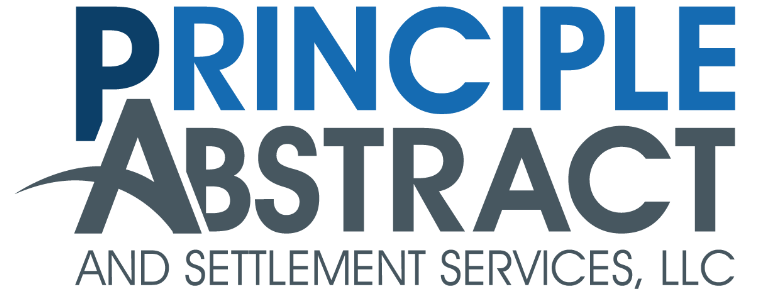Purchasing or inheriting a home from an estate can be an…

Different Types of Liens and What They Mean
One of the most important objectives in any title search is to check to see that there are no liens on the property at hand in a real estate transaction. Liens are a legal right to property (more specifically, it’s value) by a 3rd party attempting to collect on a debt that is owed. They can derail real estate transactions and cause misery to unprotected buyers who find out after the fact that there was a lien on the newly acquired property.
Simply, liens do not go away if an owner sells the property. These 3rd party collectors have a legal right to the property, and they can and certainly will exercise that right.
In this blog, we discuss the common types of liens title insurance agencies will come across.
Mortgage Liens
Mortgage liens occur when a property owner uses their property as collateral for another loan. Should the owner of the property default on that loan, the lending bank is within its right to reposes the home and put it in foreclosure in an attempt to recover funds.
In this instance, there may not be just one lien. There can be personal loans, second mortgages, home equity lines of credit, etc., meaning that multiple parties will want to vie for the equity that is locked in that property.
Tax Liens
Tax liens can be placed on a property due to a failure to pay taxes. This can include property tax and/or income and business tax. Tax liens are not always easy to find on a property and can be particularly tricky to settle. Unsuspecting owners can fid themselves in a complex web of issues if they inherit a property with a tax lien on it.
Child support and Alimony
Property owners who owe a substantial sum in court ordered child support or alimony can find themselves with a lien. Furthermore, issues can arise if the property is being sold without the consent of an estranged spouse. That spouse can put a lien on the house in an attempt to recover funds.
Mechanic’s Lien
A mechanic’s lien comes up when a property owner fails to pay for work performed on the property at hand, usually for non-payment of material and/or labor. Even sub-contractors hired by the general contractor (GC) have a legal right to place a lien on the property. For example, if a GC hires a plumber to install all new plumbing in a home and the GC fails to pay the plumber, the plumber is within his rights to put a lien the property.
Title insurance exist largely to protect clients from liens and other issues that might spring up over the course of a real estate transaction. For this reason, title insurance is essential to anyone buying property. Without it, any claim against that property can mean having your property pulled right out from under you.
Principle Abstract has an exceptional track record of ensuring that a property has been removed of potential threats against ownership. Ready to get started? Contact us today to get started.



